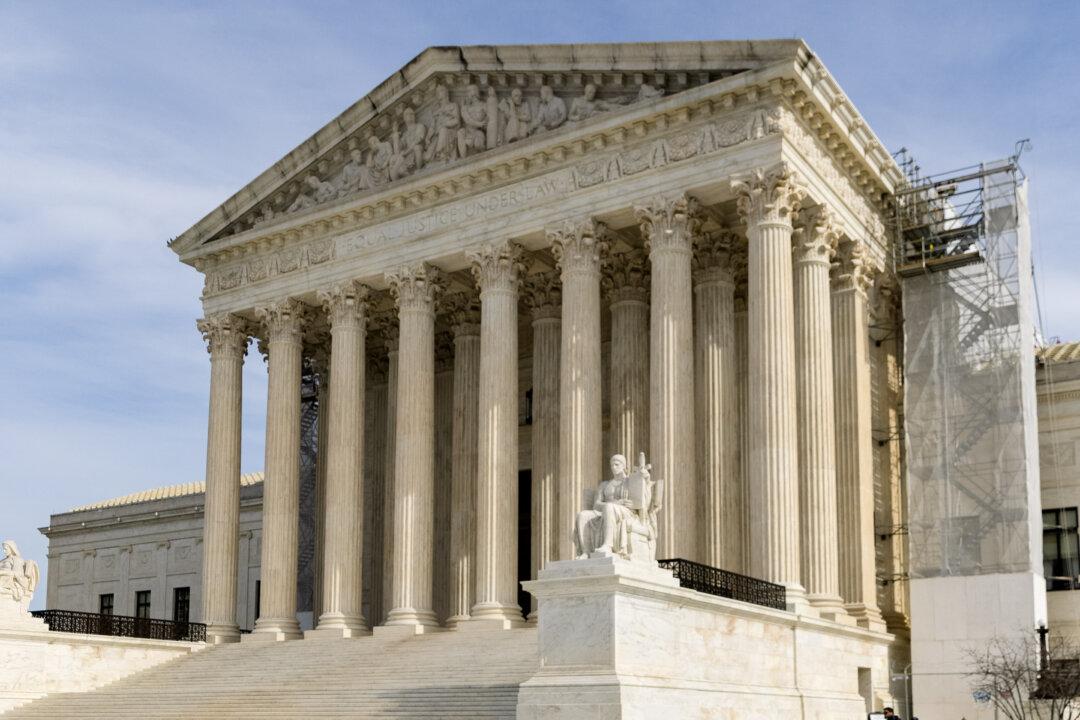The Supreme Court ducked a lawsuit over so-called bias response teams at Virginia Tech, ruling on March 4 that the case should be sent back to a lower court.
After the litigation was initiated, Virginia Tech rescinded its bias response team policy, thus mooting, or ending, the legal controversy.





